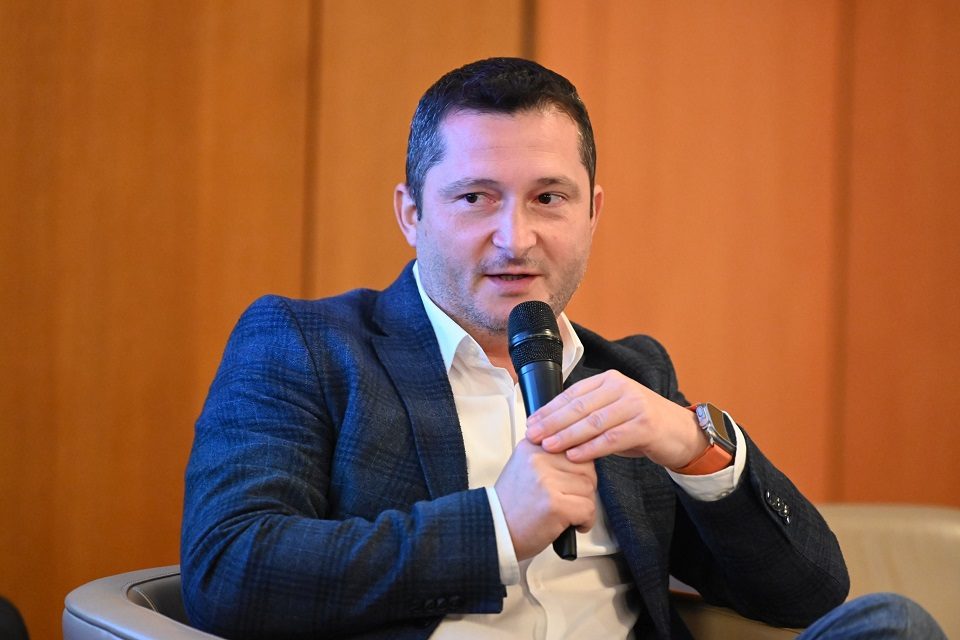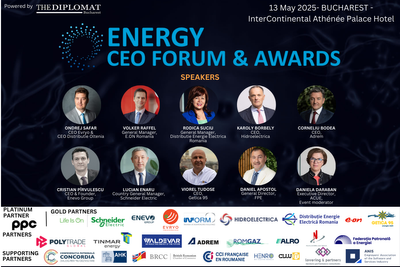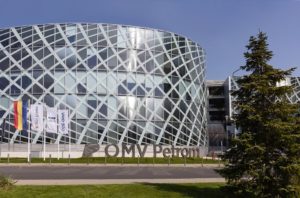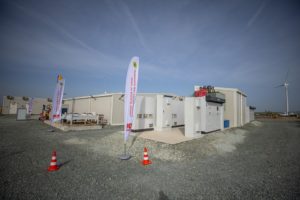Cristian Patachia-Sultanoiu, Orange Romania: “We want to sign as many collaboration protocols as possible on the Net Zero Cities project”

“There are many cities in Romania that have already implemented a series of smart city initiatives and we are happy to help the local communities in this regard.
For example, in Iasi we have a collaboration with the city hall and the Gheorghe Asachi Technical University. In partnership with Continental Automotive, we opened a 5G laboratory within the university. The focus is on the mobility of the future, on digitization and not necessarily on education for students.
We decided to open that laboratory in that place because we really wanted the beneficiaries to be the citizens and the public administration. It is an example of good practices that we are trying to promote in other cities as well,” Cristian Patachia-Sultanoiu, Development and Innovation Manager, Orange Romania said during Smart Transformation Forum organized by The Diplomat-Bucharest.
“Smart city projects require investments from both authorities and companies. We started to open these laboratories or innovation centers, the first in Bucharest – in 2021 – within the Politehnica University of Bucharest. There we opened a 5G laboratory that not only demystifies the concept and technology, but also shows concrete applications.
One of the objectives of the Net Zero Cities project is the creation of this National Competence Center for smart and climate-neutral cities. We want to sign as many collaboration protocols as possible on the Net Zero Cities project. We have a document that we have already started to sign with the public administrations (Bucharest, Suceava, Cluj). We want to identify together a way to help them define the monitoring indicators for the actions they should undertake in the next 3-5 years. We are trying to present to them the actions undertaken by entities from other countries that are perhaps more advanced in this regard. There are 3 major directions for this project: energy, transport and buildings, because they have the biggest carbon footprints.”
Full recording of the conference HERE















